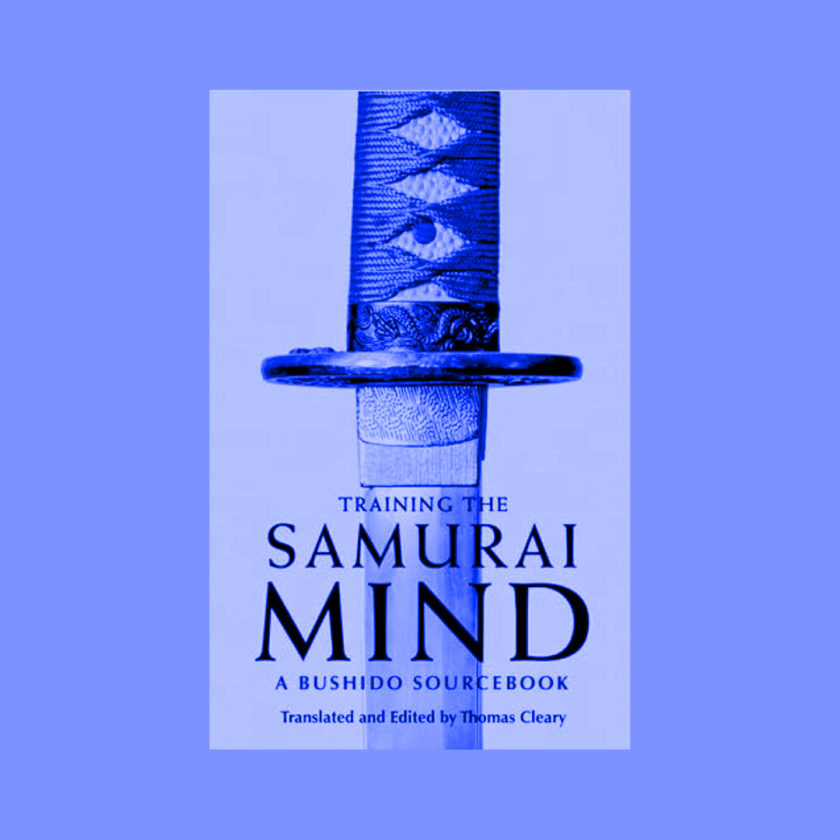There are many times in life when we feel lost, as if disoriented. We’d like to go in one direction, but the outcome seems uncertain, so we weigh the pros and cons of all the possibilities available to us. Finally, we can find ourselves going in circles for weeks or months, simply because we can’t make a decision. This attitude is quite normal, we have been educated in the idea of optimizing our results and minimizing the risks we run. This state of mind is valid in most cases except when uncertainty becomes greater and paralyzes our ability to make choices. Moreover, this apparent optimization drives out an important value of progress: serendipity.
In these moments of doubt, we must know how to change our mental software. Instead of looking for the gain, we must instead look to optimize the experience and the lessons we can learn from it, knowing that our chances of success are very slim. In essence, we must learn to fall often, which at the same time improves our ability to get back up.
Thus, if we assume that most of our fears are based on a greater or lesser degree of ignorance, to increase our knowledge of a subject that frightens us, we must deliberately face it or approach it.
The feeling of fear that one feels, for example, towards a job that one considers difficult should in fact be the main reason for tackling it. Facing a tough job demystifies its difficulties, which makes us more confident and competent.
Of course, it is recommended to go gradually and to face tasks or situations that are more and more impressive, otherwise you risk letting yourself be totally overwhelmed by events and taking refuge in your shell for good.
Thus, fear is your compass, the one that shows you the way to a better, more accomplished and confident self. The good thing about fear is that no matter how old you are, no matter where you are, there is always something to be afraid of, so the path to self-improvement is almost limitless.










